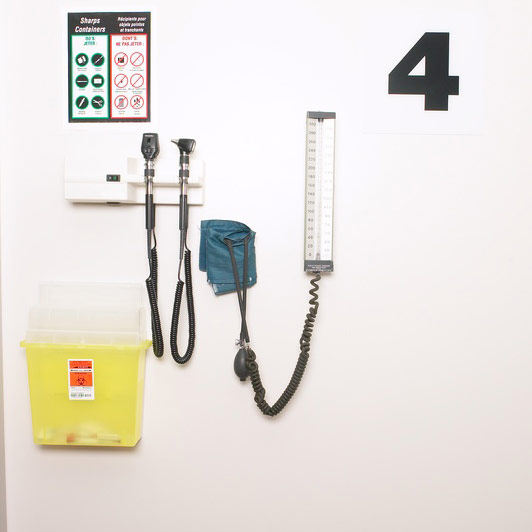MONDAY, Feb. 1, 2016 (HealthDay News) — Young men who get stressed out easily appear to have a greater risk of high blood pressure later in life, a new study suggests.
The researchers found that, among 18-year-old men, those who had the lowest stress-resilience scores were 40 percent more likely to develop high blood pressure later than those with the greatest ability to cope with stress.
The investigators also found that being overweight was linked with an even greater risk of developing high blood pressure (or “hypertension”) in those who had a low threshold for stress.
However, it’s important to note that the study can only show an association between stress response and later high blood pressure; it cannot prove a cause-and-effect relationship.
The research was based on data from more than 1.5 million men conscripted into the Swedish army between 1969 and 1997 at age 18. Their health was followed until the end of 2012. None of them had high blood pressure when they entered the military. All of the young men were assessed for their ability to handle stress.
During the study period, about 93,000 of the men were diagnosed with high blood pressure. The average age at diagnosis was 49, the researchers said.
Weight also seemed to play a role in the men’s risk of developing high blood pressure. The investigators looked at each participant’s body mass index (BMI), which is an estimate of body fat based on height and weight.
Men who had low stress-resilience scores and a high BMI at age 18 had a more than tripled risk of high blood pressure later in life than those who had high stress-resilience scores and normal BMI at age 18, the findings showed.
The study was published online Feb. 1 in the journal Heart.
If confirmed, the findings “may help inform more effective prevention interventions by addressing psychosocial risk factors and stress management across the lifespan,” study author Dr. Casey Crump, from Icahn School of Medicine at Mount Sinai in New York City, and colleagues said in a journal news release.
More information
The U.S. National Institute of Mental Health has more about stress.
Copyright © 2026 HealthDay. All rights reserved.

